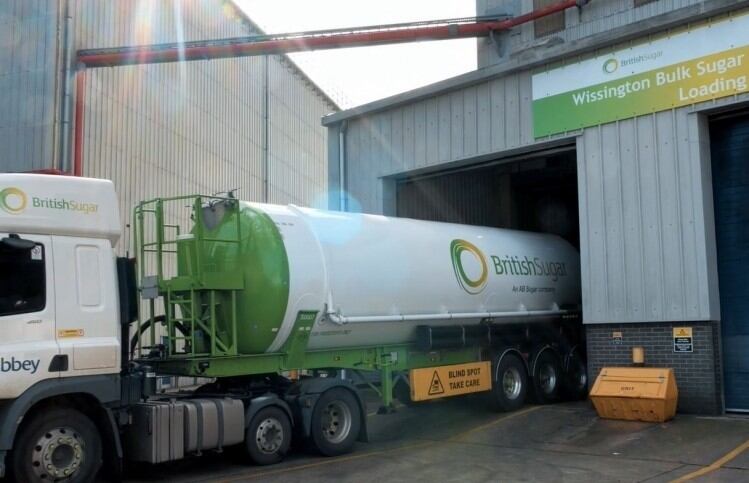Make UK and RSM UK’s survey of 196 companies found that six in ten manufacturers planned to increase investment in the next two years, with the overall priorities for investment were in skills (69%) capital (55%) and research and development (R&D) (40%).
The specific challenges of the last few years also factored in incentivising more investment with the need to address skills shortages cited by almost half of companies (48%), along with reducing supply chain disruption (44%) and reducing energy bills (40%).
Despite these ambitious plans, manufacturing investment was 3% below the last pre-pandemic year in 2019, and while overall, average investment in plant and machinery as a share of turnover has increased over the last five years, there was a clear difference between average share of turnover invested by UK firms compared to foreign owned firms with UK subsidiaries.
According to Make UK, this could suggest that UK plants have become a less favourable location for foreign companies with other locations.
Cost of inflation
Cost of inflation was also identified as a likely drag on investment by reducing the rates of return, while the prospect of higher base rates threatened to deter companies that might have built up substantial debt during the pandemic.
Make UK senior economist Fhaheen Khan warned that the manufacturing sector was a capital-intensive sector that must invest continuously to grow and remain internationally competitive, but investment had not accelerated at the pace it needs to for some time.
“While the pandemic has clearly stopped some investment in its tracks and, despite current uncertainty, manufacturers recognise that upping their investment is fundamental to securing their future,” said Khan.
“If we are serious about boosting growth and improving productivity, then a step change in the UK’s business investment must be at the heart of Government policy. This must start with providing economic and political stability, as well as carefully designed and targeted incentives which properly reflect the life cycle of manufacturing investment.”
Barriers to investment
The factors likely to prove a barrier to increased investment by companies are a rise in inflation (37%) and increased interest rates (22%).
To counter these potential barriers, RSM UK and Make UK made it clear that it was essential that Government taxation policy supported investment with incentives that are properly designed to fit with the life cycle of manufacturers’ investments and aligned with measures to ensure the UK is seen as an attractive overall destination for investment.
Commenting the survey results, RSM UK head of manufacturing in Scotland Stuart McCallum said: “From speaking with our manufacturing clients in Scotland, especially businesses in the food and drink sector, technological investment and innovation is a priority as demand ramps up in the run up to Christmas and businesses look to increase capacity and foster global relationships while working towards more sustainable production methods.
‘Scotland has already seen significant capital investment in whisky manufacturing in particular, which, given its prominence in the Scottish export market, will help elevate the industry further as a key player in Scotland’s economy while helping to combat the challenge of finding greener and cleaner manufacturing solutions. As an energy-intensive industry, the cost-of-living crisis and soaring energy costs have accelerated the need for manufacturers to innovate and adopt new ways of maintaining and growing their output while cutting down on energy costs.’





